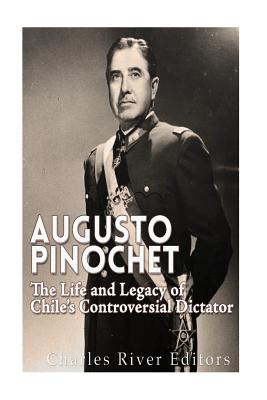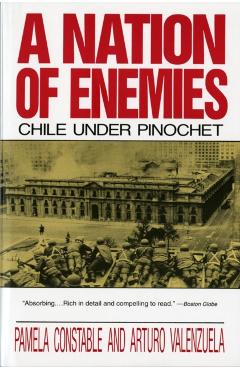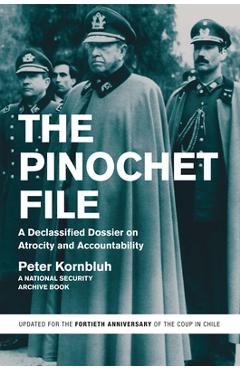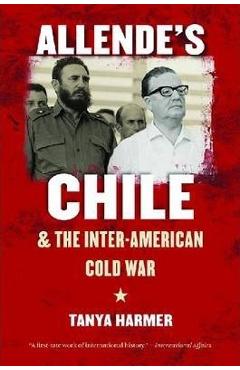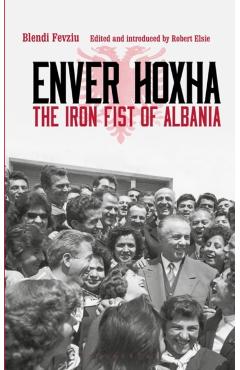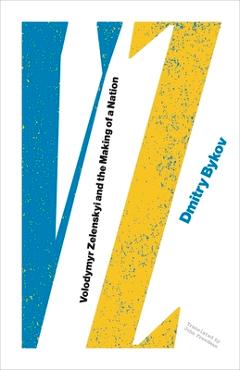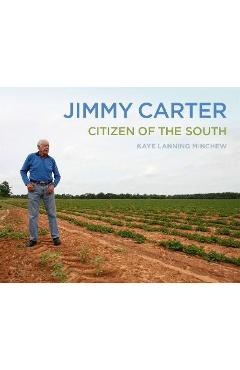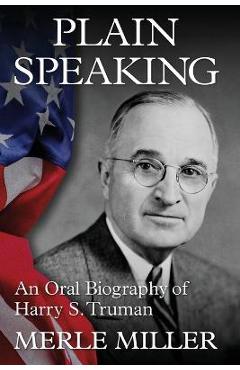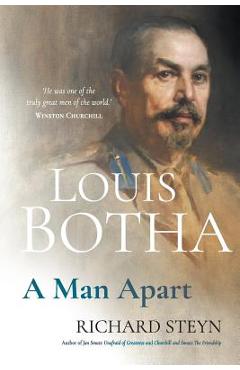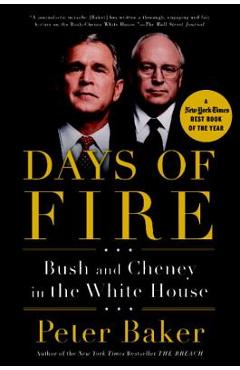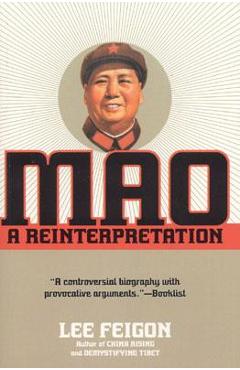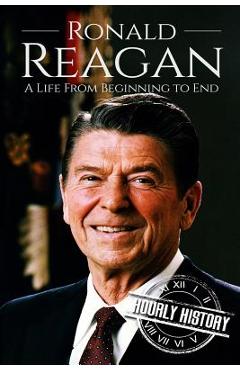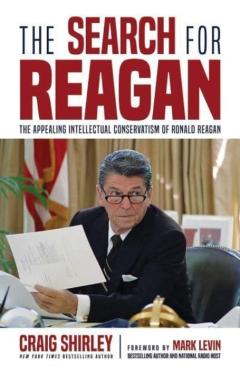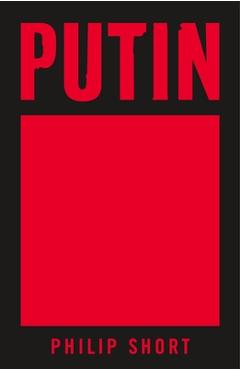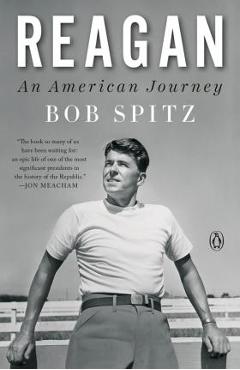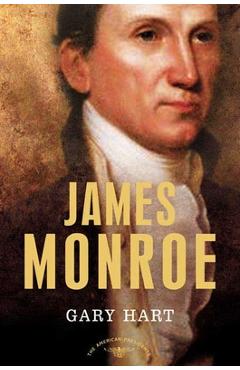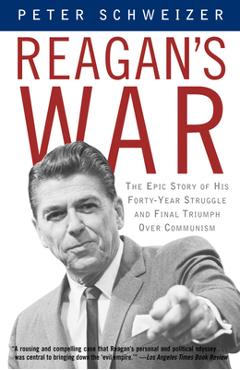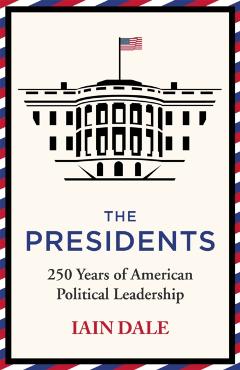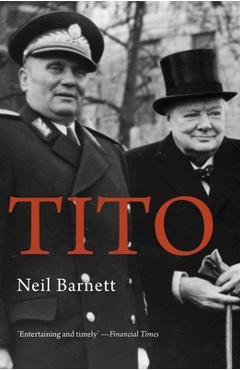*Includes pictures *Includes Pinochet's quotes about his life and career *Includes contemporary accounts about Pinochet's reign and controversies about his human rights record *Includes online resources, footnotes, and a bibliography "Not a single leaf moves in this country if I'm not the one moving it. I want that to be clear!" - Pinochet For much of the 20th century, South American governments in large part lived under a system of military junta governments. The mixture of indigenous peoples, foreign settlers and European colonial superpowers produced cultural and social imbalances into which military forces intervened as a stabilizing influence. The proactive personalities of military heads and the rigid structures of such a hierarchy guaranteed the "strong man" commanding officer an abiding presence in the form of executive dictator. Such leaders often bore the more collaborative title of "President," but the reality was, in most cases, identical. Likewise, the gap between rich and poor was often vast, and a disappearance of the middle class fed a frequent urge for revolution, reenergizing the military's intent to stop it. With no stabilizing center, the ideologies most prevalent in such conflicts alternated between a federal model of industrial and social nationalization and an equally conservative structure under privatized ownership and autocratic rule drawn from the head of a junta government. Whichever belief system was in play for the major industrial nations of the continent, a constant bombardment of foreign influence pushed the people of states such as Chile, Brazil, Argentina, and others, toward overthrow, in one direction or the other. From the left came Stalinist influences from the Soviet Union and Castro's Cuba, while the German World War II model and an anti-communist mindset from the United States worked behind the scenes to upset any movement toward extreme liberalism. The reign of Juan Peron in Argentina became the most iconic such arrangement to the Western observer, but General Augusto Pinochet's 17 year rule over Chile after an American supported coup in the 1970s proved the most enduring and the most resistant to eradication by subsequent leaders of an opposite bent. Pinochet himself openly bragged, "My library is filled with UN condemnations." By combating Marxists and Communists during the Cold War, Pinochet ensured he would at the very least remain undisturbed by America, even as he carried out policies that would be labeled ty
